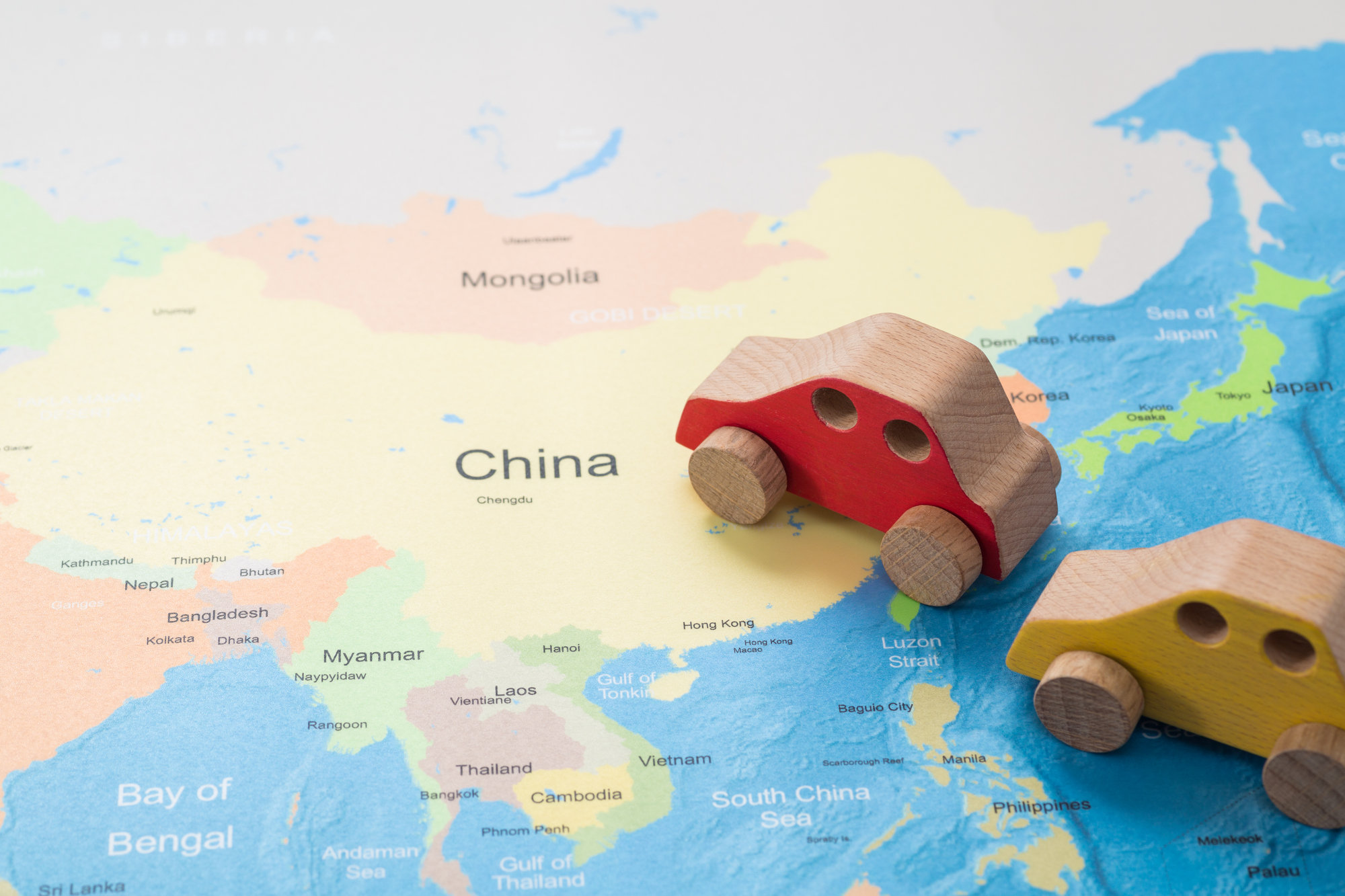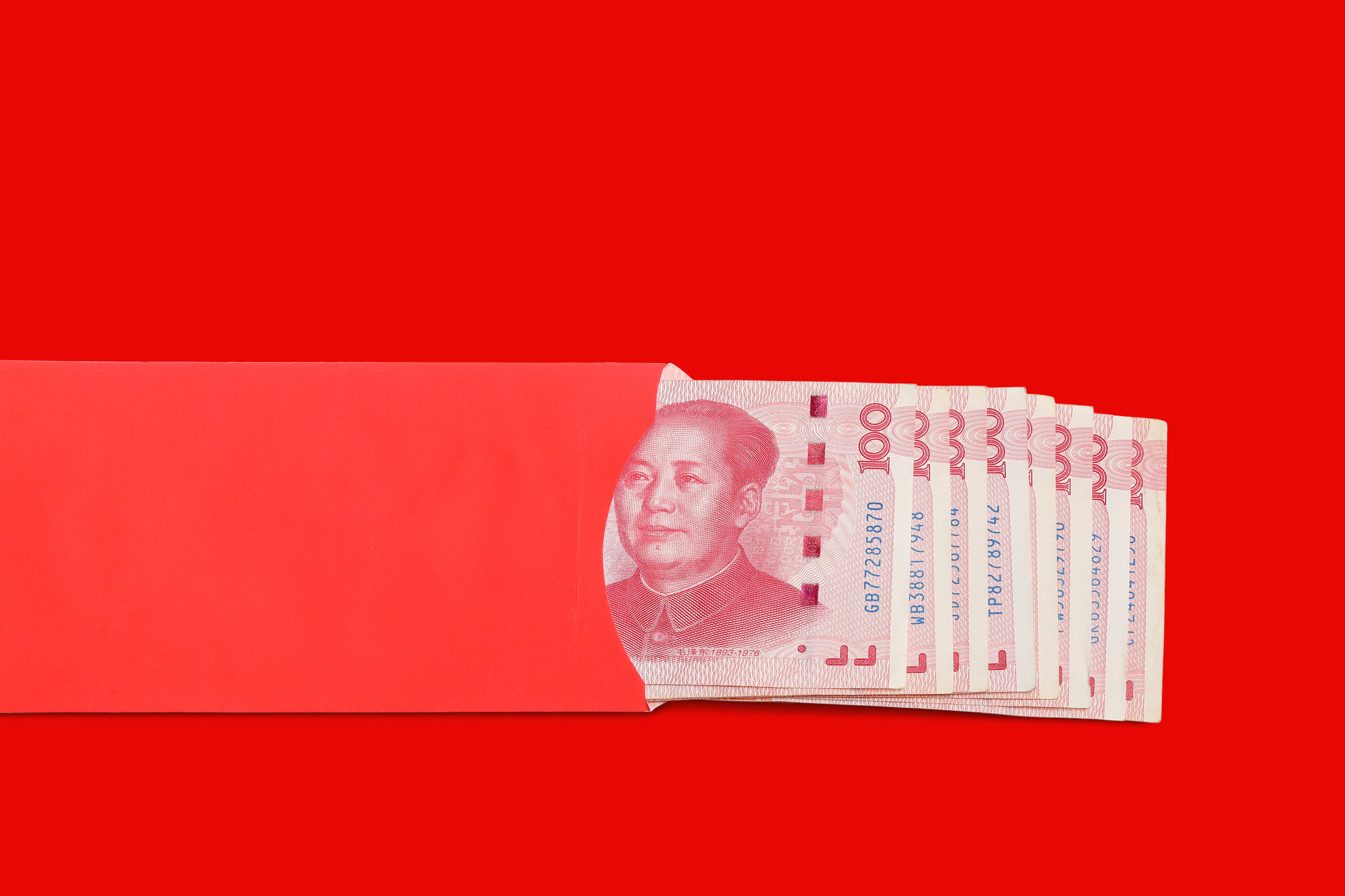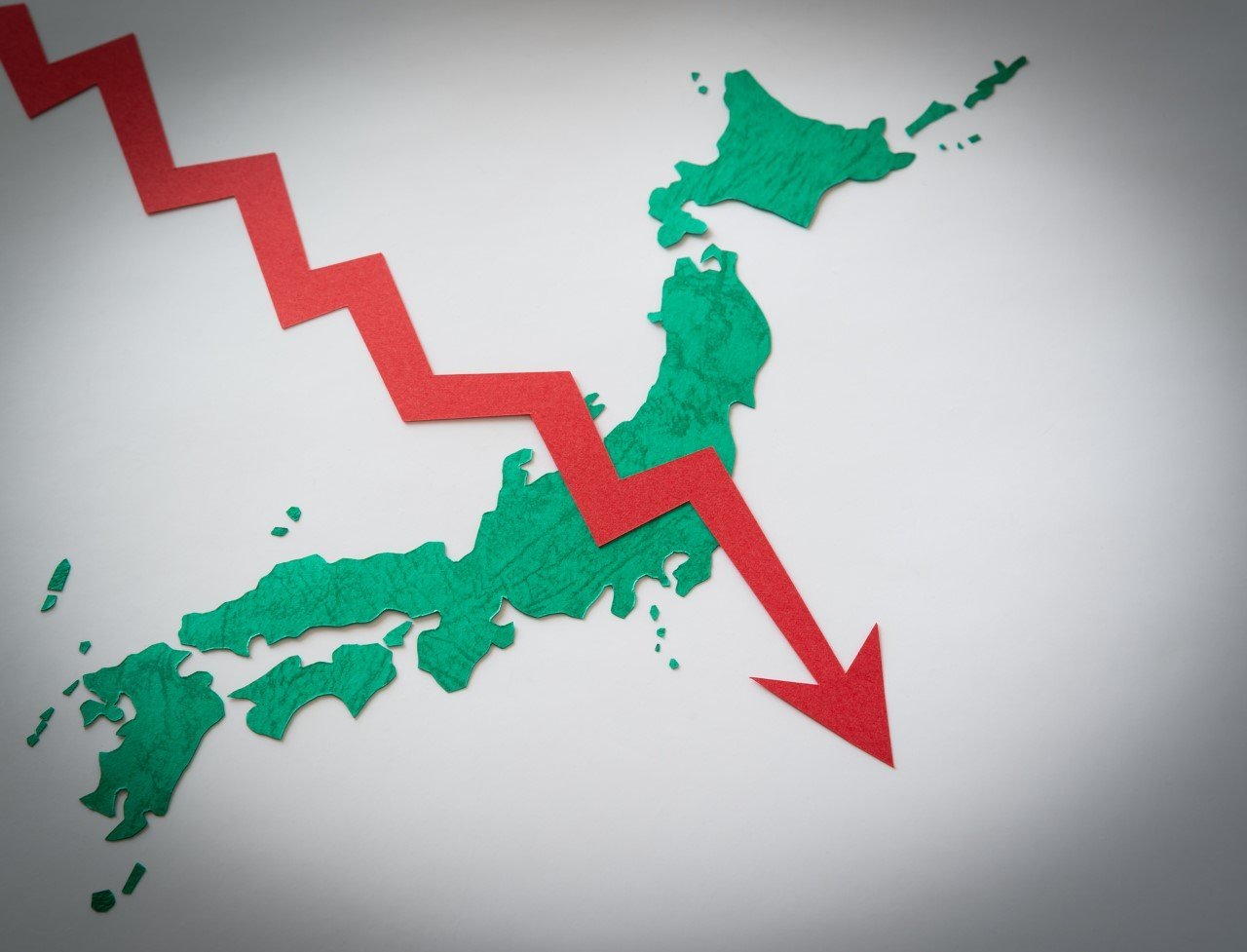2011/10/05
No. 132: Seiko Hashimoto, "Olympism and Japan's Future"
[PDF version]
Held every four years starting in 776 BC, the ancient Olympics convened a total of 292 Games in its 1,169 years' existence. The secret of the ancient Olympics having continued for such a long period is that it was not just an athletic event. Human beings have faced many challenges throughout history, such as wars, epidemics, natural disasters, hunger and economic crises, but it is war that has brought about the most calamitous results. The Olympics were accompanied by truces, as all hostilities were suspended during the Olympic Games as demanded by the tradition of ekecheiria.
The history of the ancient Olympic Games shows that great philosophers such as Socrates, Hippocrates and Plato were engaged in all-around education through the Olympics. Of these, Plato was the founder of the world's first-ever gymnastic school and institution of higher learning. Quite surprisingly, becoming an Olympic athlete, after selection in one's own hometown, required completing an all-around education by residing for a year at one of the gymnasia located in major cities or at Plato's Academy, which provided a comprehensive education in philosophy, mathematics, music, linguistics, astronomy, sports medicine, nutrition, theology, etiquette and other subjects. In short, only athletes who proved excellent from both the athletic and the "whole-person" perspective were able to enter Olympia.
Japan has its own traditional sport known as budo (martial arts). With its long history and tradition, budo is no doubt Japan's most ancient sport. However, budo is more than that; it is a culture of spiritual development. For Japan to advance in the world in sports, it is of course necessary to develop new strategies and equipment. Yet most important, I believe, is the spirit of budo. We need to remind ourselves of the habit of training ourselves with respect for others and appreciation for our equipment. Without this, there will be no way Japanese sport can make a leap forward.
The Olympic Charter lists the promotion of peace as one of the major goals of Olympic Games. It is no exaggeration to say that sport is a universal tool of communication. Power exercised through the Olympic Games and other international sports meets has remarkable diplomatic effects that cannot be replaced easily by other means. It is time to utilize the power of sports in building a better society in areas ranging from medicine to welfare, the environment, tourism, education and science and technology. In June, Japan enacted a basic law on sports by fully revising a 1961 law that had served as the legal basis for sports-related measures. The new law made it a duty of the state to support local sports activities across the country and to improve the performance of top athletes, which had previously been a nonbinding target. Amid growing attention to the potential power of sports, the basic law must serve to cultivate a sports culture.
In modern Japan where basic human needs have mostly been met, people appear to be losing interest in things and losing sight of their goals. Japan's traditional culture was indeed poor at asserting itself abroad. However, the Japanese can be proud of the standards of their culture and the level of energy and industriousness they have shown in achieving goals. Japan succeeded in hosting the Tokyo Olympics just 19 years after its defeat in World War II. This was the product of the public's energy in rebuilding the devastated country combined with Japan's cultural traditions. To meet the current challenge of the Great Tohoku Earthquake, it is important that the Japanese people unite their efforts.
I hope to show Japanese children a real Olympic Games some day in the near future. I would like them to see how athletes win medals and how real dramas develop behind them. Exciting experiences in childhood encourage children to have great dreams, and I believe the dreams of children are the foundation for building up national strength.
Seiko Hashimoto is a member of the House of Councilors from the Liberal Democratic Party. She was an ice speed skater and track cycling sprinter who represented Japan in seven Olympic Games. She won the bronze medal in the women's 1500 meters event at the 1992 Winter Olympics in Albertville, France.
The views expressed in this piece are the author's own and should not be attributed to The Association of Japanese Institutes of Strategic Studies.









